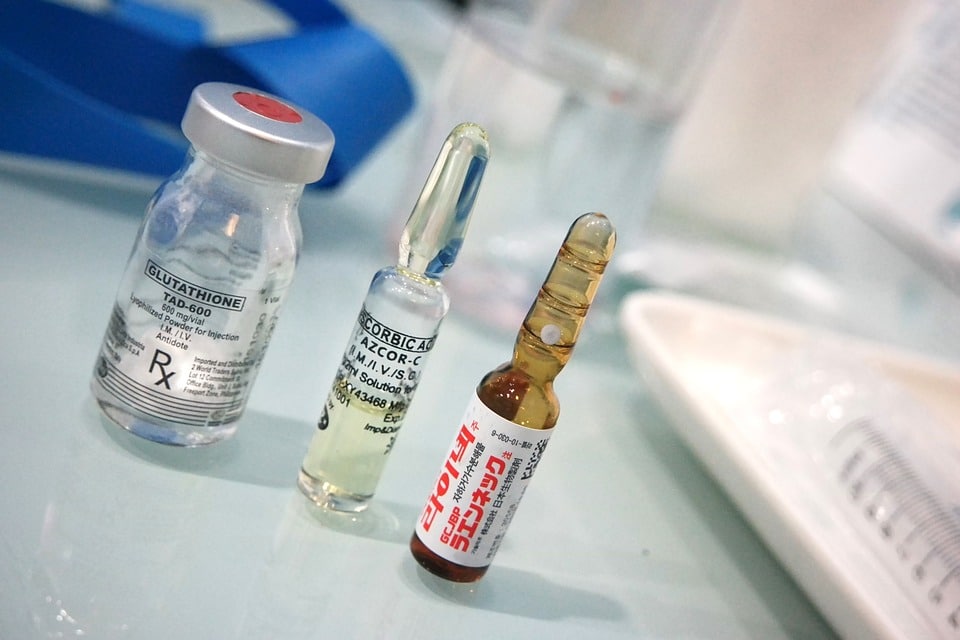Can Your ERP Handle New Pharmaceutical Data Integrity Regulations?
In December 2018 the US FDA released revised guidance on data integrity standards aligning with current good manufacturing practice (CGMP) for pharmaceuticals. This revised guidance was written in response to several instances of noncompliance found among pharmaceutical manufacturers both abroad and based in the US. The new pharmaceutical data regulations aim for more comprehensive regulatory controls for process documentation.
These updates constitute a revision of the 2016 guidance and will go into effect immediately as the FDA adopts these guidelines in future audits. As outlined in the first post of this series, these emerging pharmaceutical regulations will impose new requirements on pharmaceutical manufacturers (including contract manufacturing organizations) to ensure process controls are in place and establish supply chain visibility. These mandates consequently place greater pressure on software systems to deliver data documentation and insight to enable compliance.
Here are the obligations imposed by the revised pharmaceutical manufacturing data integrity regulations and how they will affect your ERP solution:
Pharmaceutical Manufacturing Documentation
The pharmaceutical industry is regulated at the high level by universal process manufacturing guidelines for documentation controls and traceability. These apply to other life science manufacturers, as well as food and beverage companies, and compel a facility to maintain information recording procedures. The FDA expects your business to be able to provide access to dataflows that demonstrate compliance at every production stage.
21 CFR Part 11 – Electronic Records and Signatures
Process manufacturing documentation regulations fall under the provisions of Title 21 of the Code of Federal Regulations (21 CFR), with Part 11 creating rules for electronic systems. The FDA has repeatedly revised the guidelines on 21 CFR 11, but the core purpose has always remained the same – oblige manufacturers to ensure consistent access to electronic records. This covers not only capturing data, but also maintaining that information for as long as federal regulators will require it.
The above entails safeguarding data against potential loss scenarios, such as critical system failure or power loss. This also includes security against theft and unauthorized changes to records stored within your system. Beyond the controls needed to prevent against these factors, the FDA will also expect all data to show a complete audit trail throughout the pharmaceutical manufacturing process.
Computer System Validation
ERP solutions used by process (and medical device) manufacturers must comply with FDA software principles for validation. “Validation” in this case encompasses the entire system (including hardware, network infrastructure and people), but software represents a critical component in enabling pharmaceutical manufacturing documentation compliance. Your ERP must be able to successfully demonstrate consistent, accurate and complete electronic recordkeeping, including for all metadata which establishes test results as truthful.
Software validation also entails evaluating your system for real world use, i.e. the intended function of your ERP batch after batch. The burden is on you as a manufacturer to verify that a solution applied for pharmaceutical manufacturing will be able to successfully capture, store and reproduce processing and testing data. These records must prove that you have confirmed the viability of the production batch for consumption, and any ERP that cannot facilitate this is noncompliant with data integrity regulations.
Data Integrity Noncompliance
This CGMP guidance revision was released to address an increase in data integrity violations recorded by the FDA over the past two years. A combination of growing demand, expanded approval processes, and greater allocation to outsourced facilities have contributed to current developments, and the agency is being forced to respond. While regulators have certified a record amount of new drug compounds in recent years, they have amplified enforcement and warning actions as well.
A reliance on imported raw materials has shifted manufacturing outside of the US, but now both foreign manufacturers and US-owned or contracted overseas facilities are being scrutinized by the FDA. Some enterprises have even experienced both, such as at Mylan’s manufacturing plants in West Virginia and India. Most of these inquiries arose from inconsistencies in the testing data provided by these pharmaceutical manufacturers.
Guarantee Data Integrity Compliance with Sage Enterprise Management
A growing demand for compounded drugs, increasingly global supply chain and intensifying regulatory oversight will place a greater importance on ERP systems as a centralized database. By delivering a single version of truth, modern enterprise software will enable pharmaceutical manufacturers to demonstrate compliance with new data integrity regulations.
Download our free e-book to find out how the Enterprise Management Pharmaceutical Preparation bundle will empower you to meet three of the FDA’s most important requirements.
Learn about the only FDA-compliant software bundle for Pharmaceutical Preparation manufacturers.


